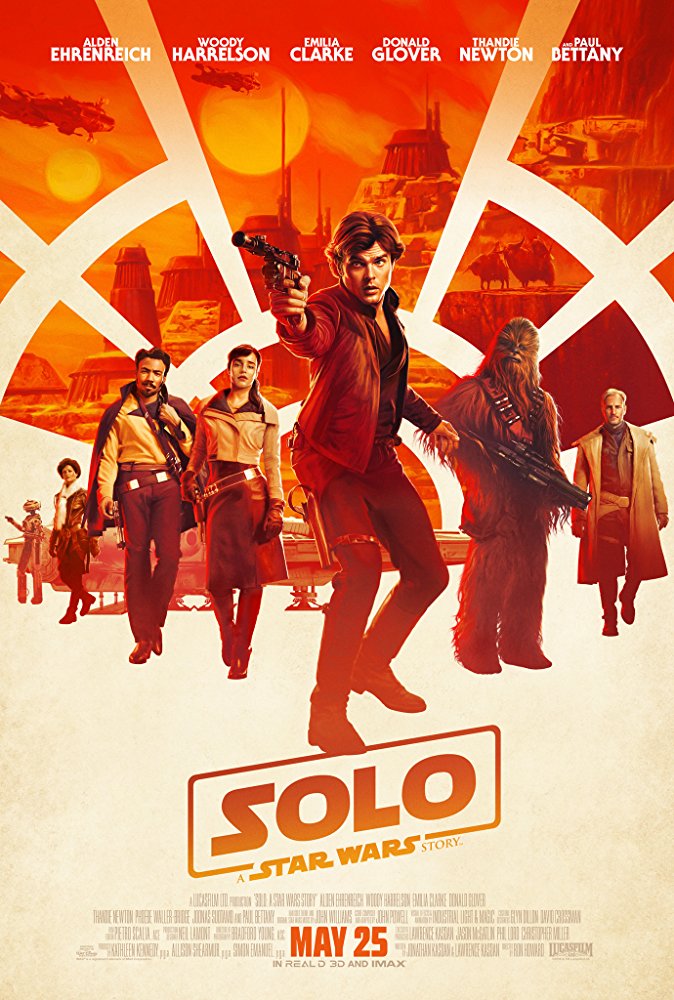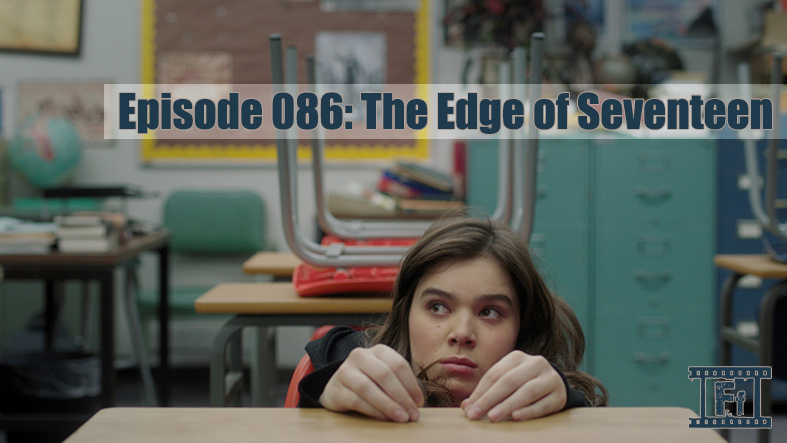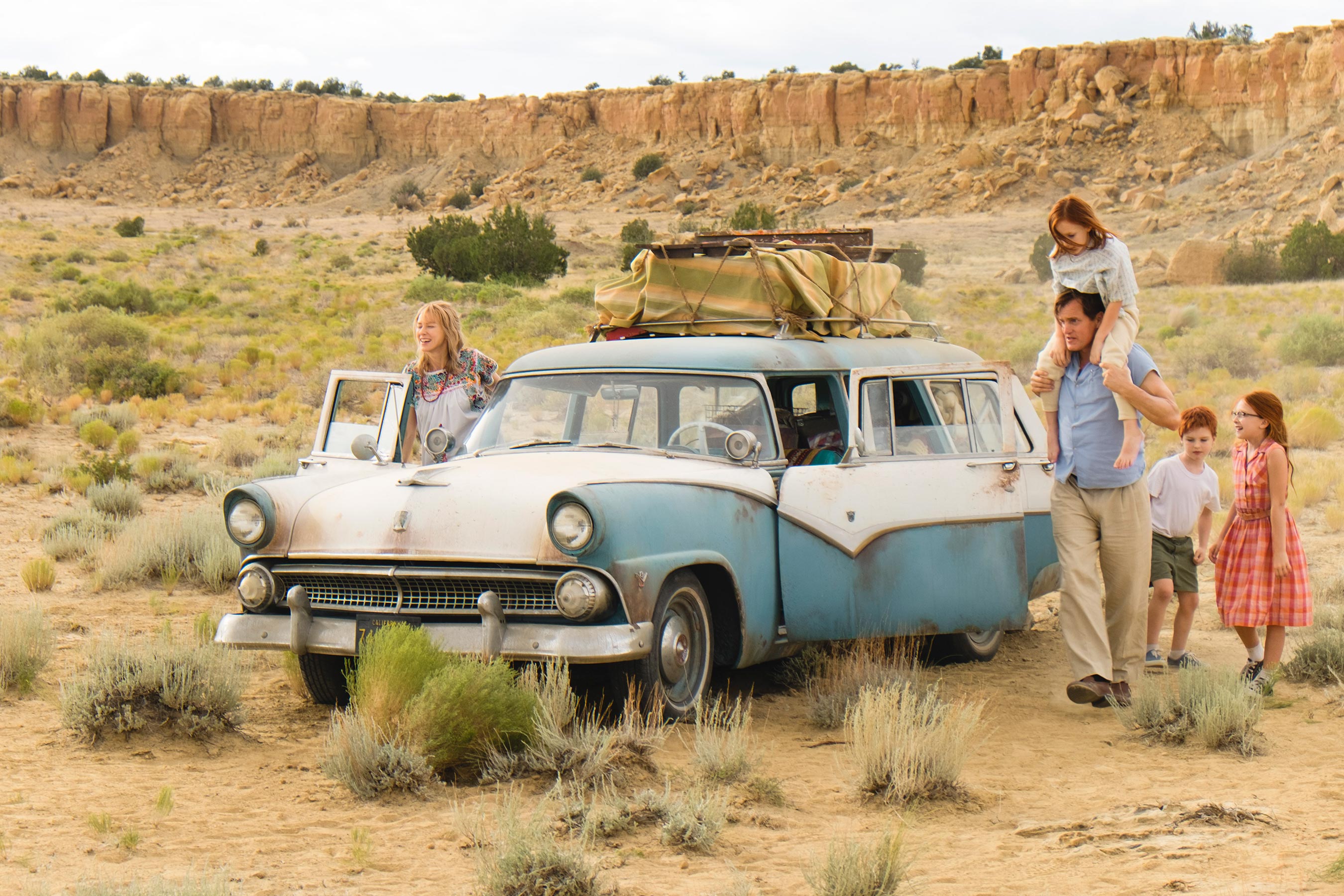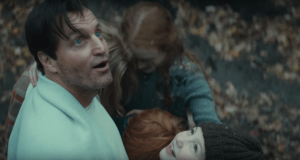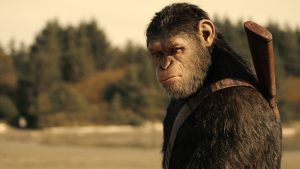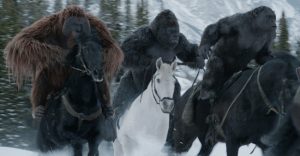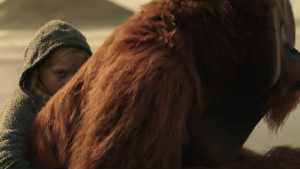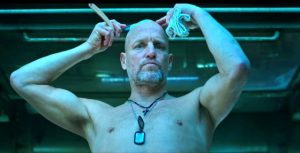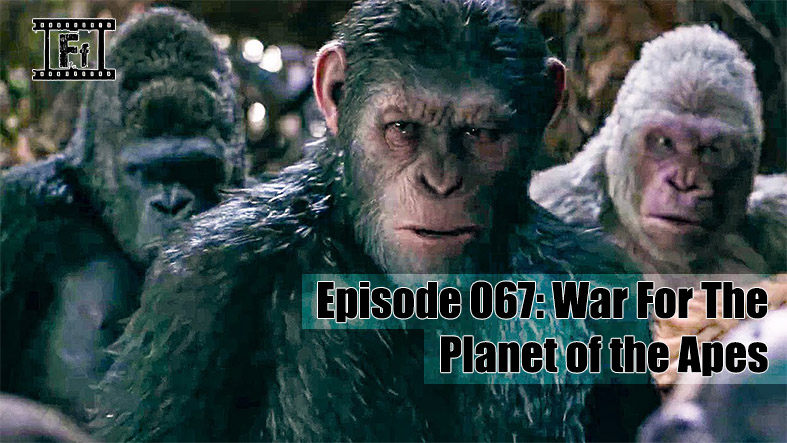SOLO: A STAR WARS STORY (2018)
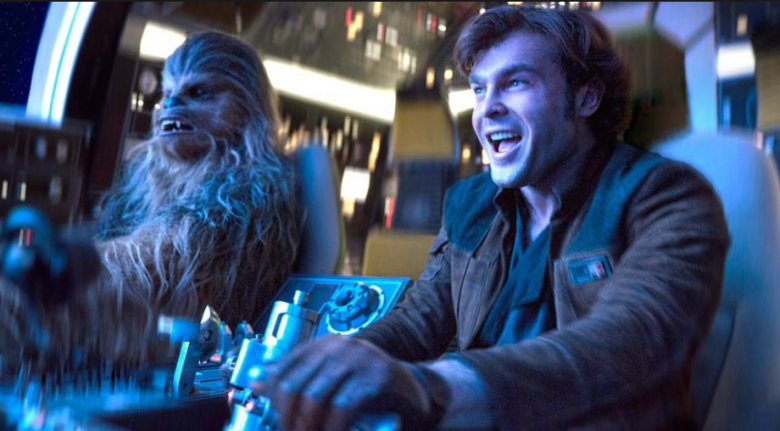
2 Hours and 15 Minutes (PG-13)
I’ve been on record as worrying quite a bit about Solo: A Star Wars Story (henceforth in this review know as Solo, because a one-word title just makes sense doesn’t it?). The first Star Wars anthology film, Rogue One, significantly underwhelmed me, and here a second prequel was attempting to unnecessarily go back and fill in gaps in the Star Wars timeline. But this time it required the dangerous risk of recasting one of the most iconic characters in movie history. I love Han. We all love Han. And Harrison Ford is Han. So, I’ve been pretty skeptical that Alden Ehrenreich could step into those enormously talented shoes and deliver a compelling enough performance to make us truly believe that he, too, is Han.
But folks… it happened.
It wasn’t right away, though. Solo wastes no time in introducing us to young Han the scoundrel, but despite an exciting chase sequence and Han trying to talk his way out of a pickle, Ehrenreich just wasn’t connecting for me. As the story went on, though, my expectations and presumptions about how young Han should act began to decline and he slowly transformed. When Han meets Lando, I was all in, having witnessed enough smirks, snark, and charm to really believe in this new version of the character. And by the time the credits rolled, I had to repent. Because maybe he’s not perfect, but young Han he is.
The thing to remember first and foremost about Solo is that it’s not a Star Wars saga film and thus doesn’t abide by the same storytelling rules. The question isn’t IF Han will make it out of situations safely, it’s HOW he will make it out. This is an intergalactic heist film and an origin story. Seriously, we learn the origin of EVERYTHING. Han’s lucky dice? Covered. Han’s blaster? That too. The Kessel Run? It’s definitely mentioned. How Han met Lando and Chewie? Of course. And so, so much more. Honestly, it could have been overkill. Maybe for some it will. But for me it struck the perfect balance, giving me depth and insight into a beloved character without ever stopping the plot to draw attention to a reference. All of it was woven seamlessly into the narrative. It made sense, and I loved every single wink and nod to the stories we all know so well.
Another strength of the film is that Solo doesn’t go solo. The film features a host of flat-out wonderful supporting actors and droids. Qi’ra (Emilia Clarke) is a fantastic addition to the canon and through her we are able to learn about Han the lover and what kind of woman he’s attracted to. Beckett (Woody Harrelson) provides Han with a mentor of sorts, someone who teaches him tricks of the trade and many life lessons. Then there is Lando, played as perfectly by Donald Glover as you’d expect, showing us how the two young smooth-talking smugglers came to their complicated friendship. The chemistry between Ehrenreich and Glover is definitely present and if I had one gripe it would be that I just wanted more of this duo together. Paul Bettany chews up scenes wonderfully as a bigshot gangster and leader of crime syndicate Crimson Dawn, the perfect subtle villain for a smuggler’s origin story. And L3-37 (yes, that spells “leet”), Lando’s droid, is hilariously liberal while also playing a surprisingly touching role in the tale.
The adventure itself is a ton of fun. Han, as you would expect, gets himself into a situation that involves stealing, smuggling, fancy flying, and generally getting shot at along the way. But it isn’t just fun, it’s a well-written story that thoroughly explains how the swashbuckling rogue became the man who may or may not shoot first, doesn’t trust anyone, and primarily looks out only for himself. All of the action pieces are also wonderfully done, from the big set pieces to the brief one-on-one fight sequences, and the cinematography is just as gorgeous as always. The film’s score stands out, too, with John Powell bringing a hint of his How To Train Your Dragon sound to the familiar Star Wars themes, particularly when the Millennium Falcon is speeding through the galaxy.

VERDICT
Solo: A Star Wars Story is one of the best origin stories ever told. It fills in details for so much of a beloved character that you may be shocked they could cover it all. The action and adventurous tone make for one heck of an enjoyable movie experience and Ehrenreich importantly embodies young Han, growing into the character over the course of the film. Though some may find parts to be cheesy or unnecessarily connected to past films, my expectations were thoroughly surpassed and as the final scene played, I found myself wanting to cheer. Solo is a great example of the kind of light-hearted, fun stories that can be told in this universe and further continues Disney’s fantastic year of blockbusters.
Rating:
 Aaron White is a Seattle-based film critic and co-creator/co-host of the Feelin’ Film Podcast. He is also a member of the Seattle Film Critics Society. He writes reviews with a focus on the emotional experience he has with a film. Follow him on Facebook and Twitter to be notified when new content is posted.
Aaron White is a Seattle-based film critic and co-creator/co-host of the Feelin’ Film Podcast. He is also a member of the Seattle Film Critics Society. He writes reviews with a focus on the emotional experience he has with a film. Follow him on Facebook and Twitter to be notified when new content is posted.

